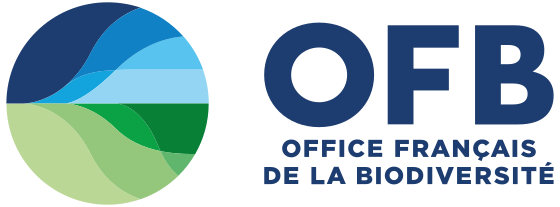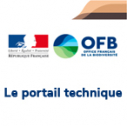Major international trafficking in live animals of protected species dismantled
The French biodiversity Agency (OFB) and the Bordeaux branch of the Central Office for the Fight against Environmental and Public Health Violations (OCLAESP) have dismantled a major international traffic in live animals of protected species. After months of investigation, four arrests were made on French territory, including a woman suspected of being the head of the trafficking network. Servals, parrots, monkeys, meerkats, squirrels... these species bought at low prices abroad were then resold via social networks, all over France.
In May 2021, the OFB and the OCLAESP were informed of the existence of a traffic of protected species in the Gironde department. They suspected that a woman born in 2000 and living in Haute-Garonne might be the head of the trafficking network.
The first investigations established a traffic and illegal trade of live animals protected by the Washington Convention (CITES), coming essentially from Spain but also from Poland and Belgium. These species, bought at low prices, were then resold via social networks without any sanitary guarantee or traceability and, moreover, to people without any authorization required for their possession.
In November 2021, since the traffic was very extensive, a judicial investigation was opened in Bordeaux. The OFB, the OCLAESP, and the service of judicial and finances investigations were co-investigated in order to identify the various protagonists of this traffic.
On November 30, 2022, a vast judicial operation was launched in various parts of France. Fifty investigators were deployed. Four main protagonists of the traffic were placed in police custody.
At the same time, a judicial operation was carried out by Spanish investigators, confirming the international scope of this traffic. The assistance of the Eurojust unit allowed for easier international judicial cooperation exchanges.
Wild animals whose possession is strictly regulated (servals, marmosets, parrots, etc.) were discovered thanks to searches conducted throughout the territory. These animals were captures and put in professional facilities.
At the end of her custody, the organizer of the sales in France was referred on Monday, December 5, to the investigating judge for 6 charges : illegal operation of an establishment holding non-domestic animals; unauthorized possession of non-domestic animals or their products; possession, transport, sale, unauthorized use of non-domestic animal species - protected species; introduction on the territory of animals, of their products, animal by-products, products derived or food for animals not in conformity with the sanitary conditions; unauthorized attack in organized band to the conservation of a protected animal species or to its habitat and finally the participation in a criminal association for the preparation of an offence punished by at least 5 years of imprisonment. The judge placed her in provisional detention according to the requests of the prosecutor.
The custody of the three other defendants (41, 22 and 29 years old) was lifted today. Nevertheless, further investigation is required.
Trafficking in endangered species: the 3rd most profitable illegal activity after the drug and arms trades
Trafficking in protected species is a growing phenomenon in France, and is now one of the most profitable transnational criminal activities in the world, estimated at 23 billion dollars per year.
As a country of origin, destination and transit of this trade, France is fighting against this environmental crime, which contributes massively to biodiversity losses. Every day, hundreds of kilos of wildlife species are captured from international flights at Charles de Gaulle airport (pangolins, monkeys, antelopes, fish...). Beyond the damage to endangered species, health risks are high with the possible importation of zoonoses. For example, primates are the main vectors of the Ebola virus disease.




